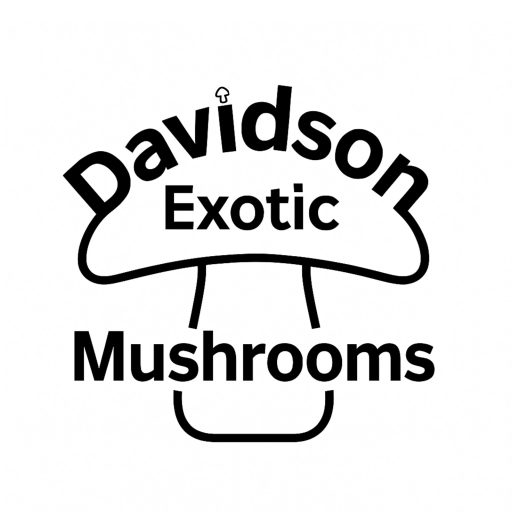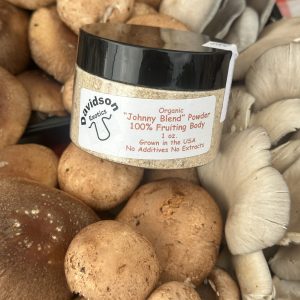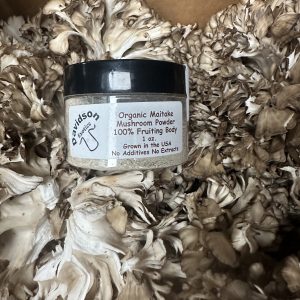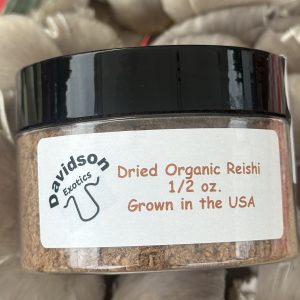Your cart is currently empty!
Lion’s Mane Powder
Lion’s mane mushroom powder is a finely ground supplement made from dried lion’s mane mushrooms, known for its mild, slightly sweet, and savory flavor. It’s often used in teas, smoothies, and cooking, valued for its potential cognitive and neurological benefits
Description
About
Lion’s mane mushroom powder is a versatile ingredient made from dried lion’s mane mushrooms, offering a mild, slightly sweet flavor with savory undertones. It can be added to teas, coffees, smoothies, and various dishes to enhance both flavor and nutrition.
Historically, lion’s mane has been used in traditional Chinese medicine for centuries, prized for its ability to support cognitive function, memory, and overall brain health. This mushroom, often found in East Asian cuisines, was historically reserved for royalty due to its perceived ability to enhance mental clarity and longevity.
Modern studies support these traditional uses, indicating that lion’s mane may promote nerve regeneration, reduce inflammation, and protect against neurodegenerative diseases like Alzheimer’s. With its unique taste and potent medicinal qualities, lion’s mane mushroom powder is a popular choice for those looking to boost mental acuity and support overall wellness.
Qualities of Lion’s Mane Powder
- Supports brain health
- Boosts cognitive health
- Manage anxiety and depression
- Improves mood and focus
- Reduce heart risk
- Anti-inflammatory properties
- May have hepatoprotective properties, meaning it can help protect the liver from damage
- Enhances the immune system
Sources
- Khan MA, Tania M, Liu R, Rahman MM. Hericium erinaceus: an edible mushroom with medicinal values. J Complement Integr Med. 2013 May 24;10:/j/jcim.2013.10.issue-1/jcim-2013-0001/jcim-2013-0001.xml. doi: 10.1515/jcim-2013-0001. PMID: 23735479.
- Chiu C-H, Chyau C-C, Chen C-C, Lee L-Y, Chen W-P, Liu J-L, Lin W-H, Mong M-C. Erinacine A-Enriched Hericium erinaceus Mycelium Produces Antidepressant-Like Effects through Modulating BDNF/PI3K/Akt/GSK-3β Signaling in Mice. International Journal of Molecular Sciences. 2018; 19(2):341. https://doi.org/10.3390/ijms19020341
- Mori K, Inatomi S, Ouchi K, Azumi Y, Tuchida T. Improving effects of the mushroom Yamabushitake (Hericium erinaceus) on mild cognitive impairment: a double-blind placebo-controlled clinical trial. Phytother Res. 2009 Mar;23(3):367-72. doi: 10.1002/ptr.2634. PMID: 18844328.
- Brandalise F, Cesaroni V, Gregori A, Repetti M, Romano C, Orrù G, Botta L, Girometta C, Guglielminetti ML, Savino E, Rossi P. Dietary Supplementation of Hericium erinaceus Increases Mossy Fiber-CA3 Hippocampal Neurotransmission and Recognition Memory in Wild-Type Mice. Evid Based Complement Alternat Med. 2017;2017:3864340. doi: 10.1155/2017/3864340. Epub 2017 Jan 1. PMID: 28115973; PMCID: PMC5237458.
- Lewis JE, Poles J, Shaw DP, Karhu E, Khan SA, Lyons AE, Sacco SB, McDaniel HR. The effects of twenty-one nutrients and phytonutrients on cognitive function: A narrative review. J Clin Transl Res. 2021 Aug 4;7(4):575-620. PMID: 34541370; PMCID: PMC8445631.
- Lai PL, Naidu M, Sabaratnam V, Wong KH, David RP, Kuppusamy UR, Abdullah N, Malek SN. Neurotrophic properties of the Lion’s mane medicinal mushroom, Hericium erinaceus (Higher Basidiomycetes) from Malaysia. Int J Med Mushrooms. 2013;15(6):539-54. doi: 10.1615/intjmedmushr.v15.i6.30. PMID: 24266378.
- Nagano M, Shimizu K, Kondo R, Hayashi C, Sato D, Kitagawa K, Ohnuki K. Reduction of depression and anxiety by 4 weeks Hericium erinaceus intake. Biomed Res. 2010 Aug;31(4):231-7. doi: 10.2220/biomedres.31.231. PMID: 20834180.
- Saitsu Y, Nishide A, Kikushima K, Shimizu K, Ohnuki K. Improvement of cognitive functions by oral intake of Hericium erinaceus. Biomed Res. 2019;40(4):125-131. doi: 10.2220/biomedres.40.125. PMID: 31413233.
- Tsai-Teng T, Chin-Chu C, Li-Ya L, Wan-Ping C, Chung-Kuang L, Chien-Chang S, Chi-Ying HF, Chien-Chih C, Shiao YJ. Erinacine A-enriched Hericium erinaceus mycelium ameliorates Alzheimer’s disease-related pathologies in APPswe/PS1dE9 transgenic mice. J Biomed Sci. 2016 Jun 27;23(1):49. doi: 10.1186/s12929-016-0266-z. PMID: 27350344; PMCID: PMC4924315.
Additional information
| weight | 1 oz. |
|---|
Related products
-
Johnny Blend Powder
$15.00 – $40.00 -
Miatake Powder
$15.00 -
Reishi Powder
$8.00 -
Umami
$15.00 -
Wild Rice Mushroom Soup
$10.00 – $12.00





